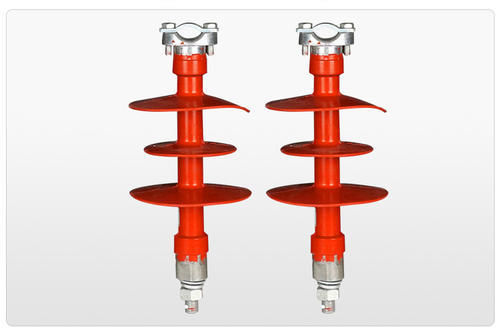Gas turbines are a vital part of gas power generation, converting fuel into electricity efficiently. Here’s a simplified explanation of their operation:
Air Intake: Air is drawn into the gas turbine’s compressor, where it is compressed and its pressure and temperature increase.
Combustion: The compressed air mixes with fuel in the combustion chamber and ignites, creating a high-temperature, high-pressure gas.
Expansion: The hot gas expands through the turbine’s blades, driving the rotor to spin at high speed.
Power Generation: The spinning rotor generates electricity through a connected generator.
Exhaust: The cooled exhaust gas is released into the atmosphere.
Gas turbines are flexible, efficient, and widely used in various power generation applications, including peaking plants and combined-cycle power plants. With continuous advancements, they contribute to cleaner and sustainable energy solutions.




